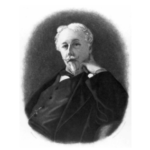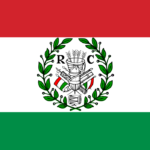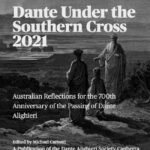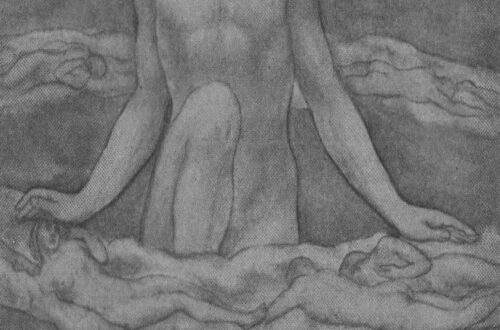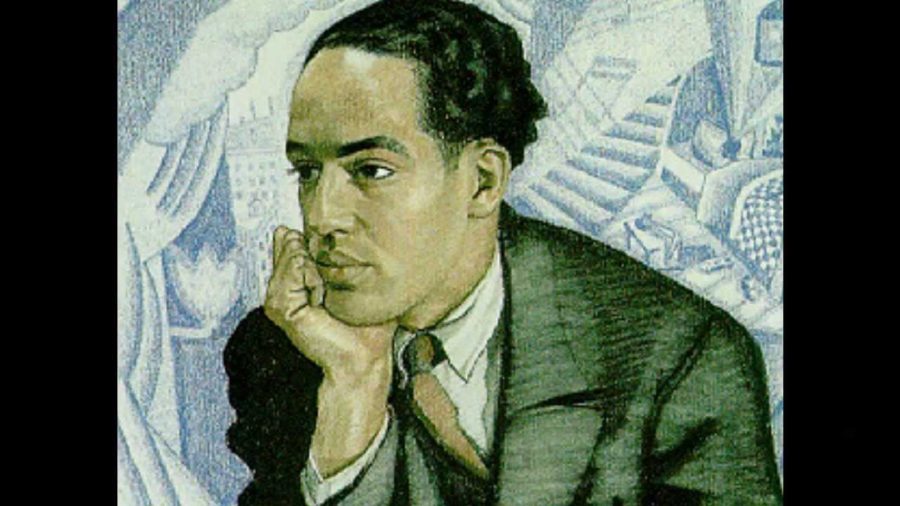
Echoes of Other Tongues
The poem below plays with language and voice. Recently I have been publishing poems in bilingual form: an original accompanied by a translation (English-Italian or English-Arabic). My poem below experiments with blending language and meaning into a single whole.
La seguente poesia gioca con la voce e con la lingua. Di recente ho pubblicato poesie bilingue: un originale con una traduzione (inglese-italiano o inglese-arabo). Questa poesia prova a fondere due lingue e significati in un singolo insieme.
In Andalusia, when Arabic was still the language of government and literature, writers did not confine themselves to one language, but could mix Romance and Arabic or Hebrew together. Muwashah poetry (a particular form of Arabic or Hebrew rhymed poetry) would sometimes end with a ‘kharja (an ‘exit’)’: a stanza in a Romance language. Reading about this mixture of languages in a single poem inspired my poem below, although it is not based on the muwashah model in any direct sense.
In Andalusia, quando la lingua araba era ancora la lingua d’amministrazione e della letteratura, gli scrittori non si limitavano a una sola lingua, ma mescolavano la lingua romanza con quella araba ed ebraica. Muwashah (una forma di rime arabe o ebree) finiva a volte con una ‘kharja’ (‘un’uscita’): una stanza in lingua romanza. Questa fusione di lingue in una poesia singola ha ispirato questa poesia, anche se non basata sul modello Muwashah direttamente.
Instead I have taken another idea from Arabic poetry – the fact that traditionally each line of Arabic poetry was broken into two parts (two hemistiches) and adapted it using two languages.
Anzi ho preso un’altra idea dalla poesia araba – il fatto che tradizionalmente un verso di poesia araba era diviso in due parti (due emistichi) e l’ho adattato a due lingue.
I have broken the first line of the following poem into an English and Italian hemistich – followed by a line with an Italian and English hemistich. This results in alternating English-Italian and Italian-English lines.
Il primo verso comincia in inglese e finisce con un emistichio italiano, seguito da un verso con un altro emistichio italiano seguito dall’inglese. Questo dà versi che si alternano dall’inglese-italiano all’italiano-inglese.
The poem can be read as a whole. It can also be read as two separate poems reading each language separately, or each column can be read as two poems side by side in mixed language. Each reading gives a different effect. I have called this poem Echoes of Other Tongues.
La poesia si può leggere come un insieme. Può anche essere letta come due poesie separate, leggendo ogni lingua da sola, o ogni colonna può essere letta da sola, risultando in due poesie affiancate. Ogni lettura porta un effetto diverso. Questa poesia si chiama Echi da altre lingue.
It is also provided in two versions, the second a mirror translation of the first. The poem is best viewed on a laptop or desktop computer to see the intended side by side layout.
È fornita anche in due versioni: la seconda una traduzione a specchio della prima. La poesia va visualizzata preferibilmente su un computer portatile o desktop per vedere il layout affiancato previsto.
Echoes of Other Tongues
Echi da altre lingue
The words tumble from one tongue to another.
Che ho da dire che merita di più, o anche, solo una lingua?
Risuonando nella mente come echi da altri mondi
Is it speaker or hearer who stands at the middle?
Shall I speak of love denied and the solace of pain?
O parlare di donne, guerrieri e audaci imprese?
Dovessi rammentare il dolore del cuore negato?
Of the lost wanderer astray; searching for home?
Of olden day heroes overcoming great odds?
Della custode di mille e una favolose favole
Dovessi parlare della donna sapiente che sana mente e cuore
Or the wandering poet abroad with the pilgrims?
Shall I follow the exile’s hopeless road into hell
O dovessi cantare inni a fiori: stelle del prato in mille colori
Per trovare, al di là della speranza le quattro stelle dell’altro polo?
Or seek truth in the beauty of nature and verse?
♦♦ In the forest, free? ♦ Or stones raked to perfection ♦ in a Zen Garden? ♦♦
♦♦ Dietro le mura ♦ Discrete, il pennello ♦ scorre veloce ♦♦
♦♦ Le isole di ♦ Roccia emergono dal ♦ Mare tranquillo ♦♦
♦♦ Just head in the sand ♦ perhaps, in a world of nothing ♦ but monotone greys ♦♦
Of warlords, and Minos ready to judge and determine our fate
Dovessi parlare della donna amata innalzata?
And beyond all the muses, the nameless Apollo
O le parole, non altro che versi spezzati di crisi interne
Or will I find woman transfigured – Sophia – who guides us
Il padre e la madre divino di ogni frase, e lettera, ogni stanza e strofa.
Echi da altre lingue (specchio)
Echoes of other Tongues (mirror)
Le parole ruzzolano da una lingua all’altra
What have I to say that is worthy of more, or even just one tongue?
Reverberating in the mind like echoes of another world
È quello che parla o quello che sente che si trova in mezzo?
Dovessi parlare di amore negato o del sollievo del dolore?
Or speak of ladies, and knights and audacious adventures?
Should I recall the pain of a heart denied?
Di quello che vaga perduto, cercando la sua casa?
Di tempi passati e eroi che vincono contro grandi sfide
The keeper of a thousand and one fabulous tales?
Should of speak of the woman of wisdom who heals heart and mind
O il poeta vagante che vaga coi pellegrini?
Dovessi seguire il cammino disperato dell’esilio all’inferno?
O should I sing paeans to flowers: stars of fields of a thousand fine hues?
To find beyond all hope the four stars of teh other pole?
O cercare verità nella bellezza della natura e della poesia?
♦♦ In selva sia? ♦ O pietre rastrellate ♦ Giardino secco? ♦♦
♦♦ Hidden by panels ♦ The paintbrush and ink swiftly ♦ runs down the paper ♦♦
♦♦ Rugged islands of ♦ Stone rising amid waves ♦ of a tranquil sea ♦♦
♦♦ O forse solo ♦ prosciutto sugli occhi ♦ ma mondo grigio ♦♦?
Di condottieri, Minosse pronto a giudicare e decidere il nostro destino
Should I speak of woman raised high on the pedestal
Or the words, nothing more than broken verses of inner crisis
O troverò donna trasfigurata – Sofia – che ci guida
Ed al di là delle muse, l’innominato Apollo
The father and mother divine of every phrase and letter, of every verse and couplet.
Image
Reflections of the sky in glass of a building by Drmakete Lab.


